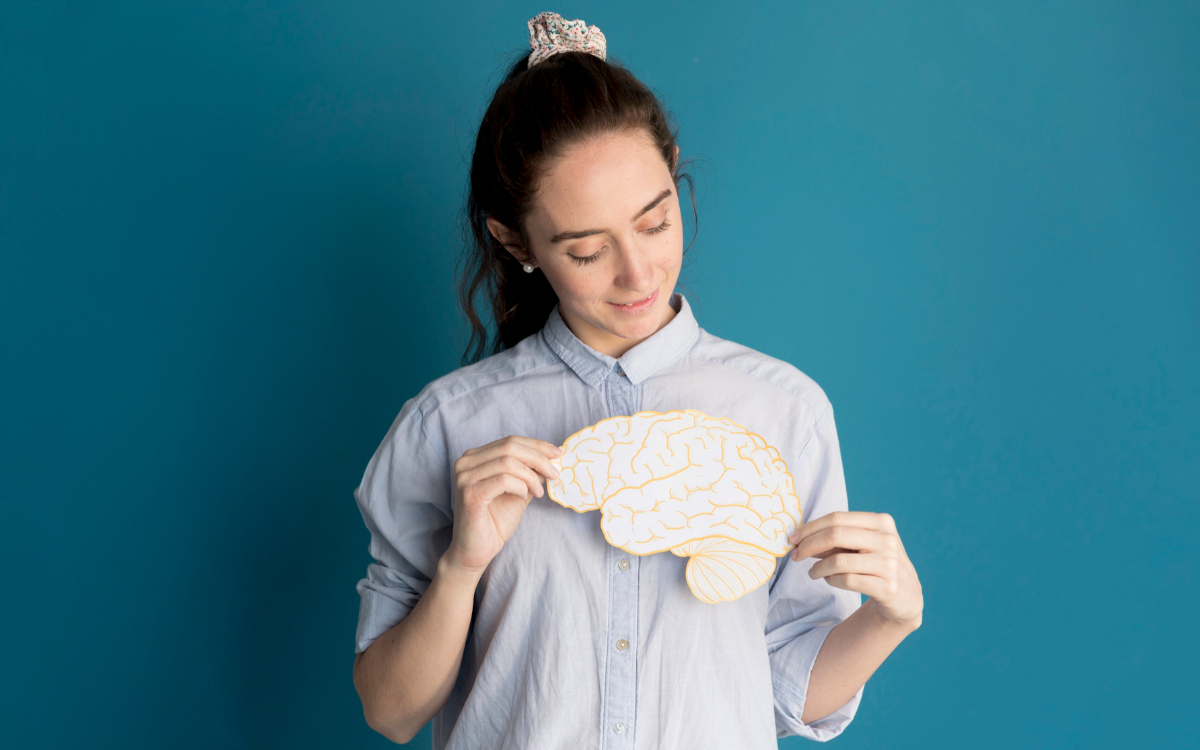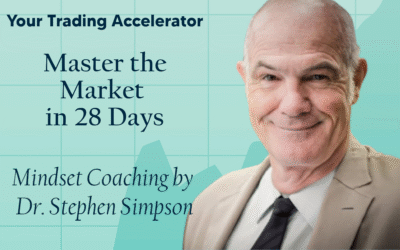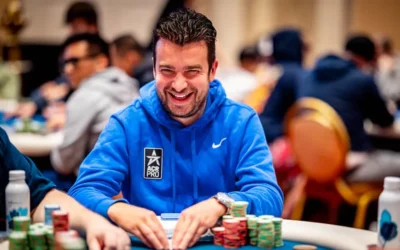Mindfulness is gaining increasing popularity as a mind-control technique. It is being taught to patients in hospitals, children in schools, and business executives as part of their management development. Mindfulness has helped so many people it’s well worth our consideration to help us through the ups and downs of life.
It is a word that is relatively easy to define, but it is far more difficult to explain why mindfulness can be of so much benefit and how it should be used.
Few would argue about this Apple Pages dictionary definition: “A mental state achieved by focusing one’s awareness on the present moment, while calmly acknowledging and accepting one’s feelings, thoughts, and bodily sensations, used as a therapeutic technique.”
The last few words—“used as a therapeutic technique”—poses a number of important questions, particularly, “How can I use this technique on myself to develop mindfulness?”
The Tip of the Iceberg
Before I attempt to answer this question, it will be helpful to discover just a little more about how our brains work, especially with regard to our emotions.
The truth is that the brain remains one of the last barriers to scientists. Neurophysiologists have barely begun to unravel the secrets. What we do know is that we use but a fraction of the brain’s potential. There are some parts of our brains that are rusty or that we have forgotten how to use. As with any part of the body and mind, we must use it or lose it. This includes the control of our emotions.
I Think Therefore I Feel
So what are emotions? Emotions and gut feelings are possibly shortcuts that the brain uses to process huge amounts of information and chunk them down to a more manageable size.
The advantage is that this will speed up your thoughts and decisions. The disadvantage is that very often you will not understand why you acted in a certain way. You might even have experienced the same situation the previous day and acted in a completely different way.
This can be very confusing. If you cannot understand how you reached a decision, what hope is there to understand the actions of others?
As self-development writer and lecturer Dale Carnegie reasoned, it is important to recognize that “when dealing with people, remember you are not dealing with creatures of logic, but creatures of emotion.”
It’s All About the Drugs
How you feel at any given moment depends on chemical changes in the brain. Through the ages, many have discovered the mind-altering properties of alcohol, cannabis, LSD, and legions of other external chemicals.
Fewer have discovered the much more valuable and helpful secret that the body, especially the brain, makes its own chemicals, which control your emotions. These chemicals include neurotransmitters such as serotonin, dopamine, and noradrenaline. Usually manufactured with perfect purity, these chemicals interact with one another in exquisite balance. This is just one of the many miracles in your body that is working in the background every moment of every day, and you are totally unaware of it.
The science behind these chemical interactions is staggeringly complex. Brilliant scientists have already developed drugs to treat conditions such as anxiety, depression, attention-deficit disorders, Parkinson’s disease, and schizophrenia. As more and more discoveries are made each year, without a doubt, more Nobel prizes will be awarded, too.
Forget Meditation Just Give Me the Drugs
These drugs can be of enormous benefit to patients, especially those with the more serious afflictions. The potential danger of any drug, however, is that it can reinforce the belief that there is a pill for every ill. This leads us to adopt a passive approach to our emotions and state of mind and makes us forget that we can exert a degree of control over the neurotransmitters.
Adopting an active approach will not result in positive changes overnight. A month seems to be about the minimum time required to cement a permanent change in behavior, which means that is the minimum time you will need to commit to. By then, any benefits should be clear, and you will not want to go back to your previous situation.
In my next blog I will explain the simple steps that we can take to be more mindful and to live more in the present.










